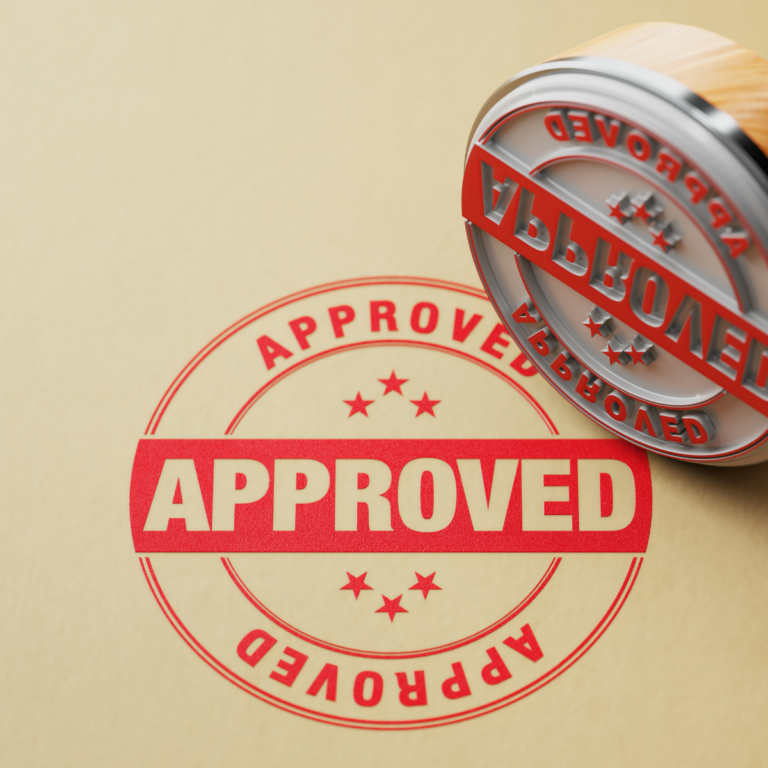Since the beginning of 2019, owners of quality seals or test marks and other (potential) certifiers have had the option of registering a “certification mark” with the German Patent and Trade Mark Office (DPMA). This was provided for by the legislator as part of the recent amendment to the German Trademark Act.
Although around 6 years have passed since then, not many certification marks have been registered to date. In 2023, only 71 certification marks were applied for at the DPMA. In relation to the annual number of trade mark applications in general (most recently over 75,000 in 2023), this is negligible.
This may have to do with the fact that, unlike with conventional trademarks, the following special features, among others, must be taken into account when applying for a certification mark:
- Duty of neutrality: Trademark owners can only guarantee product characteristics if they are not themselves manufacturers or retailers or providers of the goods or services concerned. In contrast to conventional trademarks, owners of certification marks should therefore be legally and economically independent “neutral entities” from the products concerned.
- Monitoring/control: The guarantee of product characteristics only makes sense if compliance is continuously ensured through suitable testing and monitoring measures. This is also guaranteed by the trademark owner.
- Transparency: The self-imposed duty of neutrality and the monitoring and control measures must be set out in a trademark statute. These are filed together with the trademark application and made accessible to everyone after registration in the register.
As a rule, manufacturers of products, providers of services and retailers are interested in trademark protection. For this group in particular, the question arises as to whether it is even possible and sensible to register a certification mark due to the duty of neutrality.
In practice, the registration of certification marks is often initiated by manufacturers, service providers and retailers who wish to establish certain quality standards for their services on the market. In these cases, an independent applicant, e.g. in the form of a limited liability company or an association, is initially created to register the certification mark and carry out the inspections. In this way, meaningful agreements on quality standards can be organized in a way that is permissible under antitrust law, both from the customer’s and the provider’s perspective.
For certifiers who vouch for certain product characteristics and, for example, want to show consumers that certain quality standards have been met, the registration of certification marks is an obvious choice:
- For certifiers who are not yet trademark owners, the acquisition of trademark protection confers an exclusive right of use and prohibition rights against imitators. The registration of a certification mark in the trademark register and its continuous use make it considerably easier to defend and enforce one’s own property rights.
- For certifiers who are already owners of product/service trademarks, it should be noted that due to the amendment of the Trademark Act, previous trademarks that have been registered and used to identify quality seals or test marks may be ready for deletion. This makes it easier for third parties to attack the trademark and makes it more difficult for owners to enforce claims for injunctive relief and damages from their trademark. A review of the portfolio and, if necessary, a new application in the form of a certification mark is therefore recommended.




